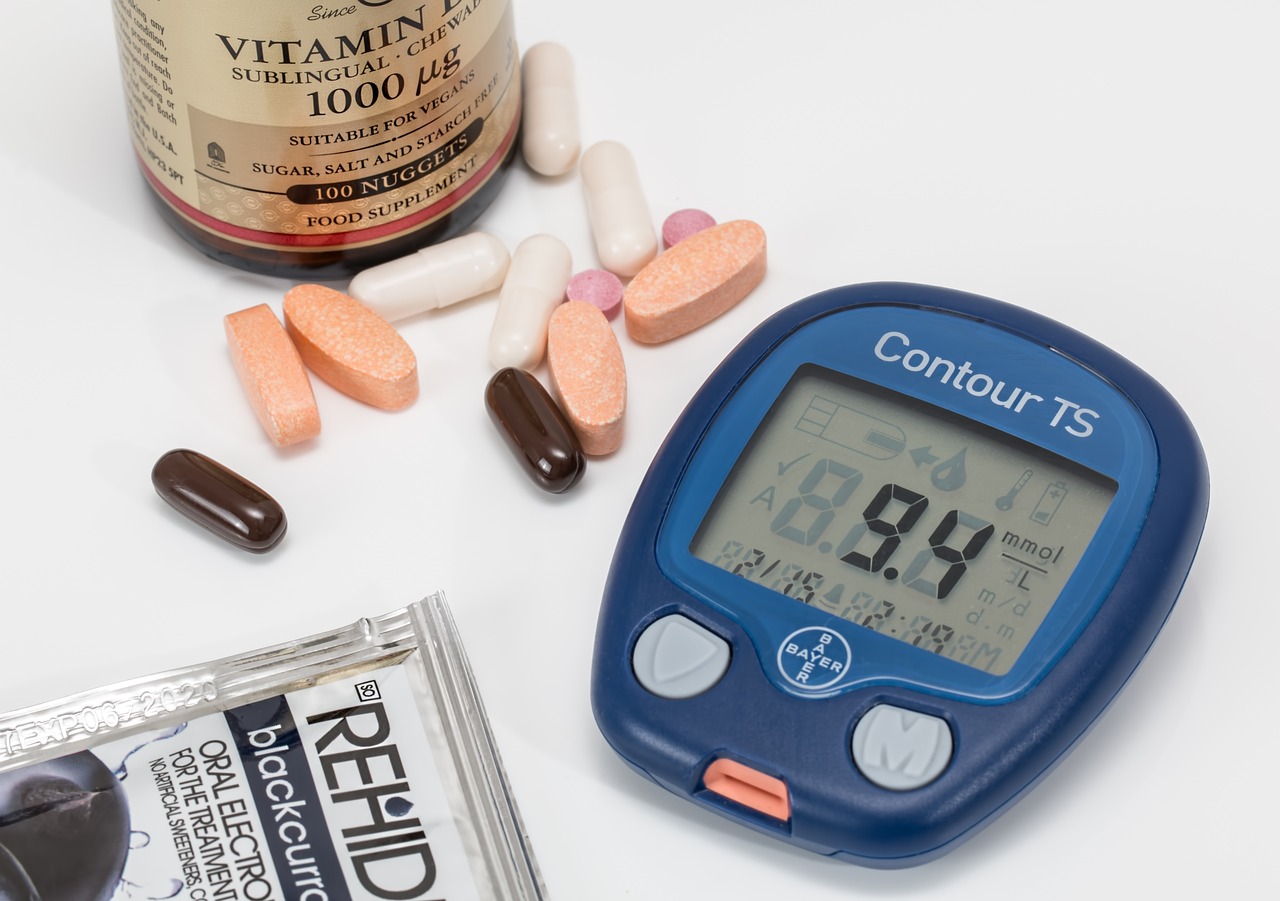
In a world where time seems to pass at lightning speed, our daily routines often become a blur of habits that shape our lives. For those living with diabetes, these seemingly innocuous habits can have a profound impact on their health and well-being. While managing diabetes may seem daunting, the path to a healthier future lies in the small but significant changes we make in our everyday lives. In this blog post, we’ll explore the everyday habits that people suffering from diabetes should change. Let’s get to the list.
Wardrobe
For individuals suffering from diabetes, upgrading their wardrobe can play a significant role in their overall well-being and comfort. Opting for clothing that fits well and is made from breathable, soft fabrics can prevent skin irritations and improve circulation.
Selecting appropriate footwear, especially for those with diabetic foot complications, is crucial to avoid blisters or sores. For instance, as highlighted by the team behind Diabetic Sock Club, diabetic socks with seamless construction can reduce the risk of pressure points and enhance foot health. Additionally, carrying essential medical supplies, such as glucose meters or insulin pens, in discrete pockets or bags ensures easy access while maintaining a sense of normalcy in their daily lives.
Dietary Habits
Managing dietary habits is paramount for senior health and wellness, especially for those suffering from diabetes. Adopting a balanced and mindful approach to eating can help regulate blood sugar levels and prevent complications. Focus on consuming whole, nutrient-dense foods, including fruits, vegetables, lean proteins, and whole grains. Monitoring carbohydrate intake and opting for low-glycemic index foods can stabilize blood glucose levels.
Reducing added sugars and sugary beverages is crucial to avoid sudden spikes. Emphasize portion control and avoid skipping meals to maintain consistent energy levels throughout the day. Consulting with a registered dietitian can provide personalized guidance and support in creating a diabetes-friendly meal plan that suits individual needs.
Physical Activity
Physical activity is a key component of diabetes management, offering numerous benefits for those affected by the condition. Engaging in regular exercise helps improve insulin sensitivity, allowing the body to better utilize glucose for energy. Incorporating a combination of aerobic exercises, such as walking, cycling, or swimming, and strength training activities can aid in weight management and muscle strength.
Before beginning any exercise program, individuals should consult their healthcare provider to determine a suitable regimen based on their health status and fitness level. Monitoring blood glucose levels before and after physical activity ensures safety and helps adjust insulin doses or food intake accordingly.
Medication Adherence
Adhering to prescribed medications is of utmost importance for individuals with diabetes to effectively manage their condition and prevent complications. Consistency in following medication schedules ensures that insulin or oral medications are delivered at appropriate times, helping regulate blood sugar levels. Understanding the purpose and potential side effects of medications is crucial for making informed decisions and seeking medical advice if necessary.
Properly communicating with healthcare providers about any concerns or challenges in medication adherence fosters a collaborative approach to diabetes care. Staying organized with medication supplies and refills, along with using tools like pill organizers or medication reminder apps, can aid in maintaining a consistent routine.
Blood Glucose Monitoring

Regular blood glucose monitoring is a fundamental aspect of diabetes management, allowing individuals to track their blood sugar levels and make informed adjustments to their lifestyle. Establishing a consistent monitoring schedule, as advised by healthcare professionals, helps in identifying patterns and trends in blood glucose fluctuations. Recording the readings and other relevant information, such as food intake and physical activity, provides valuable insights for personalized diabetes management.
Utilizing a reliable glucose meter and following proper testing techniques ensures accurate results. By closely monitoring their blood glucose levels, individuals can proactively address high or low readings, make necessary adjustments to their diet or medication, and reduce the risk of diabetes-related complications.
Stress Management
Effective stress management is crucial for individuals with diabetes, as stress can significantly impact blood glucose levels. Identifying stress triggers and adopting coping strategies, such as meditation, deep breathing exercises, or yoga, can help reduce stress levels and promote emotional well-being. Seeking support from friends, family, or diabetes support groups can provide a valuable outlet for expressing feelings and concerns.
Engaging in regular physical activity and finding hobbies or activities that bring joy can further alleviate stress. Prioritizing sufficient and consistent sleep is essential, as lack of sleep can exacerbate stress and negatively affect blood sugar control. By managing stress, individuals can better maintain stable blood glucose levels and overall health.
Sleep Patterns
Establishing healthy sleep patterns is vital for people with diabetes to support their overall well-being and glycemic control. Prioritizing sufficient and consistent sleep each night helps regulate hormone levels, including insulin, which is essential for blood sugar management. Creating a relaxing bedtime routine, such as avoiding screens before bedtime and engaging in calming activities, can improve sleep quality.
Monitoring how sleep affects blood glucose levels allows individuals to identify any patterns or issues and make necessary adjustments to their diabetes management plan. Adequate rest also promotes better cognitive function and energy levels, contributing to a healthier and more balanced lifestyle for those living with diabetes.
Regular Medical Check-ups
Regular medical check-ups are critical for individuals with diabetes to proactively monitor their health and effectively manage the condition. Scheduling routine visits with healthcare professionals, including primary care physicians and endocrinologists, allows for comprehensive assessments of blood sugar levels, blood pressure, cholesterol, and other relevant health indicators. These check-ups enable early detection of any potential complications or changes in diabetes management, facilitating timely interventions.
Healthcare providers can also provide valuable guidance on lifestyle modifications, medication adjustments, and personalized diabetes care plans. By prioritizing regular medical check-ups, individuals can stay informed about their health status and take proactive steps to maintain optimal diabetes control and overall well-being.
Making positive lifestyle changes is essential for individuals suffering from diabetes to effectively manage their condition and enhance their quality of life. By adopting healthier dietary habits, engaging in regular physical activity, adhering to prescribed medications, and monitoring blood glucose levels diligently, they can take significant steps towards better diabetes management. Additionally, managing stress, improving sleep patterns, and staying proactive with regular medical check-ups are crucial elements in achieving optimal health outcomes. By empowering themselves with knowledge and support, individuals can lead fulfilling lives while effectively managing their diabetes.




